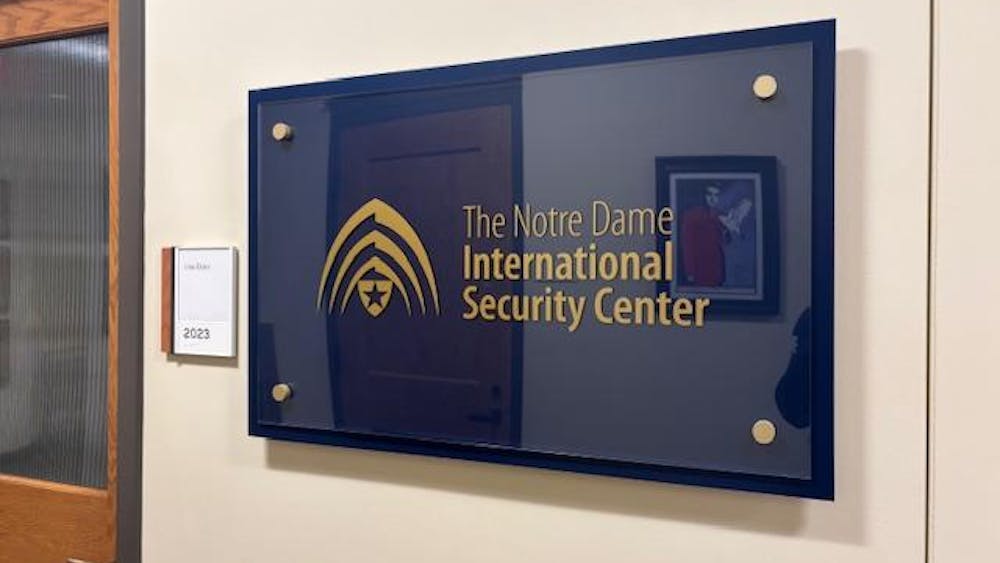Students call it the “drunk tank.” Notre Dame prefers the term “Public Safety Office” to describe the place where it deposits intoxicated students and fans during home football games.
NDPD Chief of Police, Keri Kei Shibata, said Public Safety Office protocol depends on each particular situation.
“What we’re focused on is, first and foremost, everyone’s safety,” Shibata said. “If someone is intoxicated and a risk to themselves or others ... typically, they ended up going through the Public Safety Office. We don’t refer to it as the ‘drunk tank.’ It is the Public Safety Office.”
When asked how frequently situations happen, Shibata said that the numbers depend on the game.
“One thing that really impacts this is weather,” she explained. “When it’s a hot weather game, people tend to be more impacted medically, and so we’ll often end up seeing more people on those hot weather games.”

The number of visitors to the Public Safety Office can range from one or two to 15, Shibata said. She explained that most are released to sober companions.
For the upcoming game, Shibata said that the cooler and rainy weather should help the office in a “positive direction.”
“[The weather] may cause some people not to come out to the game or the tailgates or at least won't exacerbate things with heat,” she said.
Shibata explained that anyone who is very intoxicated or exhibiting behaviors that are against stadium policies, not just students, will be escorted to the Public Safety Office.
At the Public Safety Office, the intoxicated or otherwise incapacitated person is evaluated for their medical health safety first. If they are not in need of further medical attention, Shibata said her office asks them to find a sober companion.
A sober companion “has to be the same gender,” according to University spokesperson Sue Ryan.
The sober companion must “take responsibility for them and get them safely to their dorm or their home,” without just dropping the incapacitated person off, Ryan said. The Public Safety Office does not release to boyfriends or girlfriends, Ryan clarified.
“We also issue them what we call a ‘game day ban’ ... which says you’re not allowed to come back into the stadium today,” Shibata said.
In the case of a student who visits the Public Safety Office, there is a conduct process.
“If it is a Notre Dame student who’s involved at the Public Safety Office ... then the report would come to our office for review,” said Heather Ryan, director of the Community Standards.
At the Office of Community Standards (OCS), University staff will determine if there was a policy violation or not. In the case of Saint Mary’s and Holy Cross students, Ryan refers them to her colleagues at those institutions.
“Prior to 2008 there was a time when there was a lot more criminal enforcement that was happening,” Shibata said. “There were times when we might have 70 people arrested on a game day.”
However, after concern voiced by the community and students, changes were made, Shibata explained.
“In 2008 Fr. Jenkins put together a committee to review, led by a Board of Trustees member,” she said.
The committee looked at how other universities and professional sports teams handled public safety on game days. The Office of Game Day Management was established as a result, Shibata said.









